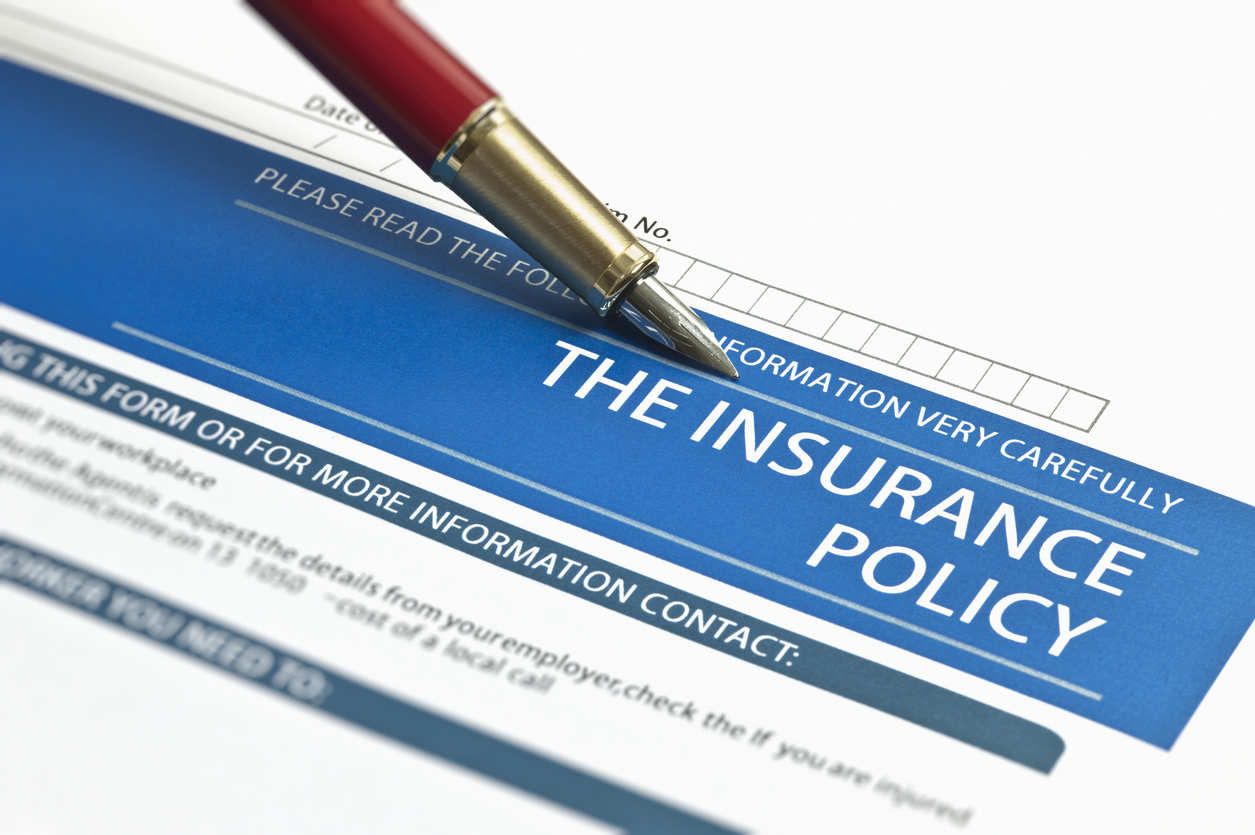Merlin Law Group attorney Corey Harris asked me, “do you know of a case that stands for the proposition that when estimating the period of restoration, do you consider the amount of time needed for adjustment of the claim?” My quick response was “with any construction project, financing of the project is a time element needed for consideration. If the insurance is supposed to pay for the financing as most insurance companies promise, then it should be a consideration. I think we wrote about this in our property insurance blog.”
We went to this blog, used its research function, and typed in the words “period of restoration.” Seventy-nine posts resulted from this search. The most relevant was, Is the Loss Adjustment Process Factored in a Period of Restoration? Understanding Business Interruption Claims, Part 2. We cited two cases where adjustment time was considered in the period of restoration:
In United Land Investors, Inc. v. Northern Ins. Co., 476 So.2d 432 (La App 2d Cir, 1985), the plaintiff’s restaurant was damaged by fire in November 1981. Similar to more modern policies, the business interruption endorsement limited the insurer’s liability to "such length of time as would be required with the exercise of due diligence and dispatch to rebuild, repair or replace … ., commencing with the date of such damage or destruction." It was shown that the defendant insurer paid $10,000 for lost earnings in December 1981, but that repairs did not commence until March 5, 1982, when the insurer tendered the full sum necessary to make the repairs, which were completed 12 weeks thereafter. The Court affirmed the award to the insured of the full $60,000 policy limit, subject to a $10,000 credit for the insurer’s December 1981 payment, based on the trial court’s determination that the 12-week period in which the insured was required to make repairs did not begin to run until March 5, 1982. The court rejected the insurer’s contention that the loss period should have been found to commence in November 1981, the date of the loss. It was said that until the insurer and the insured arrived at an amount to be paid, the insured was in no position to contract for or begin repairs to the building, and thus the insured should recover its business interruption losses from the date of the loss until the repairs were completed 12 weeks after March 5, 1982.
Business owners should further rejoice on Hampton Foods, Inc. v Aetna Casualty & Surety Co., 843 F.2d 1140 (8th Cir, 1988), where the Court held under a similar business interruption endorsement, a restoration delay occasioned by the insured’s need to negotiate property damage claims under policies with separate insurers, represented by the same adjustment company which represented the business interruption insurer, was within the reasonable anticipation of the business interruption insurer and thus extended the loss period.
(Emphasis added).
I then did a quick update regarding the Hampton Foods case and found Fresno Rock Taco, LLC v. National Surety Insurance Corporation,1 which supported the contention that insurance adjustment time is considered in the period of restoration. Under the same reasoning which I quickly answered the question posed to me, citing to “financing” as being an element of a reasonable time to do a construction project, the court noted:
[T]here was evidence that National never inspected the property, delayed denial of the claim for nearly a year after it was submitted, and then—as the jury determined—wrongfully denied the claim. This delay and refusal to pay the claim was a basis to extend the period of restoration as in Hampton Foods, 843 F.2d at 1143–44 (affirming district court’s finding that insurer’s refusal to pay insured amounts owed under the policy prevented prompt restoration of the business).National also maintains that FRT’s poor financial condition cannot be a basis to extend the period of restoration. National essentially asserts FRT had a duty to repair the premises prior to National’s payment of the claim—the fact that FRT could not afford to repair the premises is not a basis to extend out the period of restoration. The insured’s poor financial condition is only irrelevant to extending the period of restoration if the insurer paid the insured the amount owed under the policy, but the insured was still unable to complete the restoration timely because of its own financial condition.
(Emphasis added)
Every insurance company adjuster is taught to promptly pay claims. This seems forgotten when adjustment slows the time construction can begin. All construction requires financing and the parties to a property insurance contract expect the insurance benefits to be that financing. After all, have you ever heard an insurance advertisement puffing about “we won’t be there when you need us?” People need insurance benefits to get back in business and pay for the construction. Only insurance company lawyers could argue otherwise.
I encourage readers to use our search function. It can help.
Positive Thought For The Day
Infuse your life with action. Don’t wait for it to happen. Make it happen. Make your own future. Make your own hope. Make your own love. And whatever your beliefs, honor your creator, not by passively waiting for grace to come down from upon high, but by doing what you can to make grace happen… yourself, right now, right down here on Earth.
—Bradley Whitford



